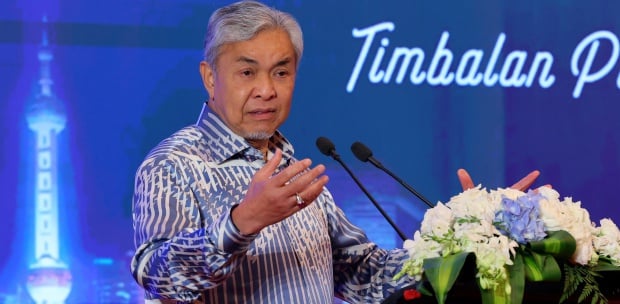TIMING can never be perfect for introducing a new consumption tax structure, but with Malaysia is almost at the cusp of a high-income nation, it is best the business and consumer communities prepare themselves for the Goods and Services Tax (GST).
CPA Australia chief operating officer Jeff Hughes said businesses should realise the benefits and start preparing for the new tax structure when it comes on board in seven months.
“A ‘well-run’ GST will enable the government to look at (providing) incentives like rebates or income tax cuts or corporate rate cuts and also enables it to relook the least efficient taxes that stifle the competitiveness level in the region,” he said in an interview yesterday.
CPA Australia is one of the world’s largest accounting bodies.
“We believe based on our Australian experience as well as that of the 160 countries that have adopted the GST, there will be long-term benefits for Malaysia in terms of stability funding and consumer confidence.
“We saw a bit of panic buying and panic ‘not buying’ for six months when it was introduced (in Australia), but a year later, life slipped back to normal mode.”
While the inflation level will admittedly rise with GST, it will normalise fairly quickly, although government incentives must ensure that the bulk of the community is not significantly worse off.
Businesses stand to benefit in many ways from the new consumption tax structure. For one, it is the consumer who pays.
“They would need to have more records and engage in more paper work as they are (also) tax receivers for the government. They increase the visibility of businesses (tax evasion) as well.”
Australia introduced the GST at 10 per cent 14 years ago amid strong objections from the people, political parties and professional bodies.
For Hughes, having the GST pegged at six per cent is a good strategy, considering it is the same level as the previous sales and services tax.
It also places Malaysia at a better advantage as the level is lower than seven others in the region, such as Singapore and Thailand (seven per cent).
He said additional carve-outs (zero-rated items) add complexity to the consumption tax and cautioned against making adjustments after its implementation.




